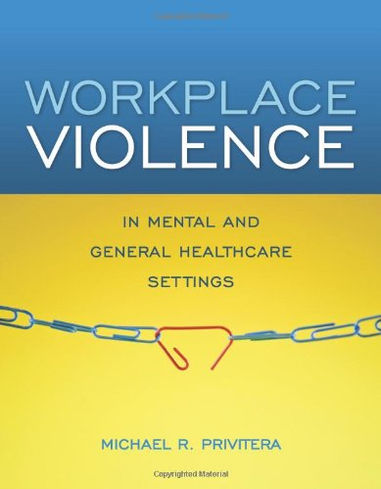
Trauma-Informed Crisis Intervention is an approach that acknowledges how past trauma can influence an individual’s response during a crisis. It prioritizes safety, trust, and empowerment, recognizing that a person’s current behavior may be influenced by previous traumatic experiences. This approach is essential in a variety of professional settings, including health and mental health care services, personal support work, crisis response, and emergency services.
A trauma-informed approach can be put into practice in any type of organization and is very different from trauma-specific interventions or treatments, that are designed to address the consequences of trauma and to facilitate healing.
Trauma-informed crisis intervention integrates principles of trauma-informed care into immediate crisis response. It recognizes that individuals in crisis may have histories of trauma that shape their reactions and needs. The approach emphasizes sensitivity, collaboration, and individualized support.
The Trauma Informed Crisis Intervention training encourages participants to move beyond surface behaviors — rather than viewing a client as hostile or aggressive, participants are guided to shift their perspective — seeing the individual as possibly frightened, defensive, or feeling vulnerable. This perceptual realignment allows staff to more accurately interpret behavior and respond with greater empathy and efficacy.
This training focuses on developing personal awareness, effective preparation, and practical skills; such as communication strategies, scripted responses for exiting escalating situations, and team-based intervention techniques. The goal is to equip staff with the confident, competence, and trauma-informed mindset to respond effectively and compassionately during crisis situations.
Rationale
The Trauma Informed Crisis Intervention workshop focuses on supporting participants in reframing how they perceive and respond to interactions with clients and colleagues. The training aims to help staff approach a wider range of situations with compassion and empathy, particularly when engaging with individuals who may be subconsciously expressing the impacts of trauma. By shifting both perception and reaction, participants can experience a greater sense of agency and control in challenging situations. This perspective is reinforced through practical exercises that build personal awareness, prepare staff for real-world scenarios, and enhance team communication to ensure safety across various work environments.
The core intention of this course is to equip staff with the tools to respond effectively and empathetically to individuals in distress. This includes developing self-awareness, applying appropriate verbal interventions, and practicing safe disengagement techniques when necessary.
The program is structured so that its tools and models can be applied at all levels—by leadership during incident reviews, by staff engaged in client care, and even by clients themselves—to reduce or eliminate harmful adaptive behaviors and promote healthier interactions with needed care.
At its foundation, trauma-informed crisis intervention is about providing compassionate and effective support that minimizes harm and fosters resilience. Unlike traditional crisis responses that may unintentionally escalate distress, this approach emphasizes safety, control, and dignity for all involved.
Target Audience
This training is ideally suited for:
Mental health professionals
First responders (police, paramedics, firefighters)
Social workers and counselors
Child protection workers
Healthcare providers
Educators and school staff
Community support workers
Anyone involved in crisis response and intervention
Process
Learning Outcomes
In this training we explore:
Foundations of Trauma-Informed Practice
Understand the prevalence and impact of trauma on individuals and communities
Recognize the core principles of trauma-informed care and crisis intervention
Identify signs of trauma and common crisis responses
Explore strategies to prevent re-traumatization and promote psychological safety
Personal and Interpersonal Awareness
Develop personal awareness of how staff experiences and responses influence interactions
Realign perspectives to respond with empathy rather than judgment
Strengthen interpersonal skills for effective communication and engagement
Build emotional regulation and trauma-sensitive communication techniques
Crisis Response and De-escalation
Learn effective strategies for de-escalation and crisis management
Develop skills to respond with sensitivity to individuals in crisis
Use practical tools such as scripts, codes, and team coordination strategies
Explore strategies for fostering trust and empowerment in moments of distress
Team and Organizational Response
Understand the roles of staff in coordinated team responses
Practice collaborative approaches for navigating high-risk or volatile situations
Explore post-crisis strategies for debriefing and ongoing support
Identify and access community resources and partnerships that support trauma-affected individuals
Ontario At Home
"We undergo so many mandatory training sessions. In my years at this organization I can say this is the best one I’ve ever attended. I really appreciated starting with validating our survey results. The method of the presentation itself is really a reflection of what we need to be doing in our practice. Start with curiosity and seek to understand. Thank you for embodying that."


























